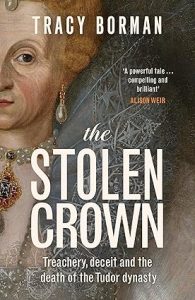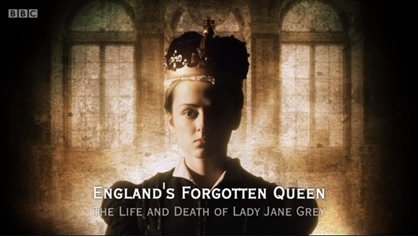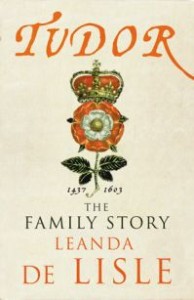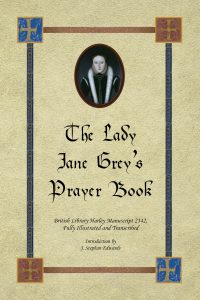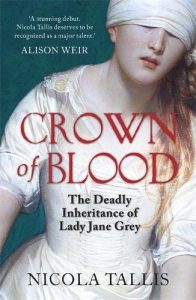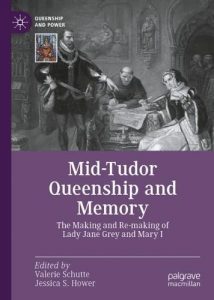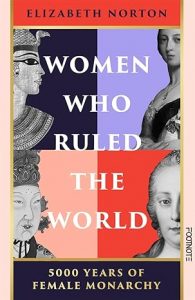‘Disability and the Tudors: All the King’s Fools’ gives a new view of Tudor England and the court. Phillipa thoroughly explores how disabilities were defined in those times, how disabled people were treated and what changes the effects of the Reformation had on their lives.
What was particularly fascinating for me, was the in depth look at some of the people affected by disabilities at court. These included the ‘natural fools’ Will Sommers and Jane, courtiers such as Lady Jane Rochford and also members of the royal family. A surprising picture emerges of Henry VIII towards the end of his life and Lady Mary Grey, youngest sister of Jane the Nine Days Queen, who’s disability may have shielded her from worse punishment when she married without permission during Elizabeth I’s reign. The author’s passion for the subject is clear and this is a very welcome addition to my Tudor book shelves.
Thank you to Pen and Sword History for my review copy.
The daughters of Edward IV and Elizabeth Woodville were once destined to be the Queens of France, Scotland, Spain, and Archduchess of Austria. But following the death of their father, the disappearance of their brothers and being declared illegitimate during the reign of their uncle, Richard III, most of the York sisters led very different lives to the ones planned for them.
As she did with the sisters of Elizabeth Woodville, Sarah rescues the Princesses from the shadow of their more famous sister, Elizabeth of York, the first Tudor Queen. Two of the Princesses did not reach adulthood, one became a nun and the others served as ladies in waiting and played key roles in events at court.
Hodder has once again successfully pieced together the sources to provide an interesting account of these largely overlooked women. This concise, and very well written book is the perfect starting point for anyone wanting to know more about the York Princesses.
Thank you to Chronos Books for my review copy










